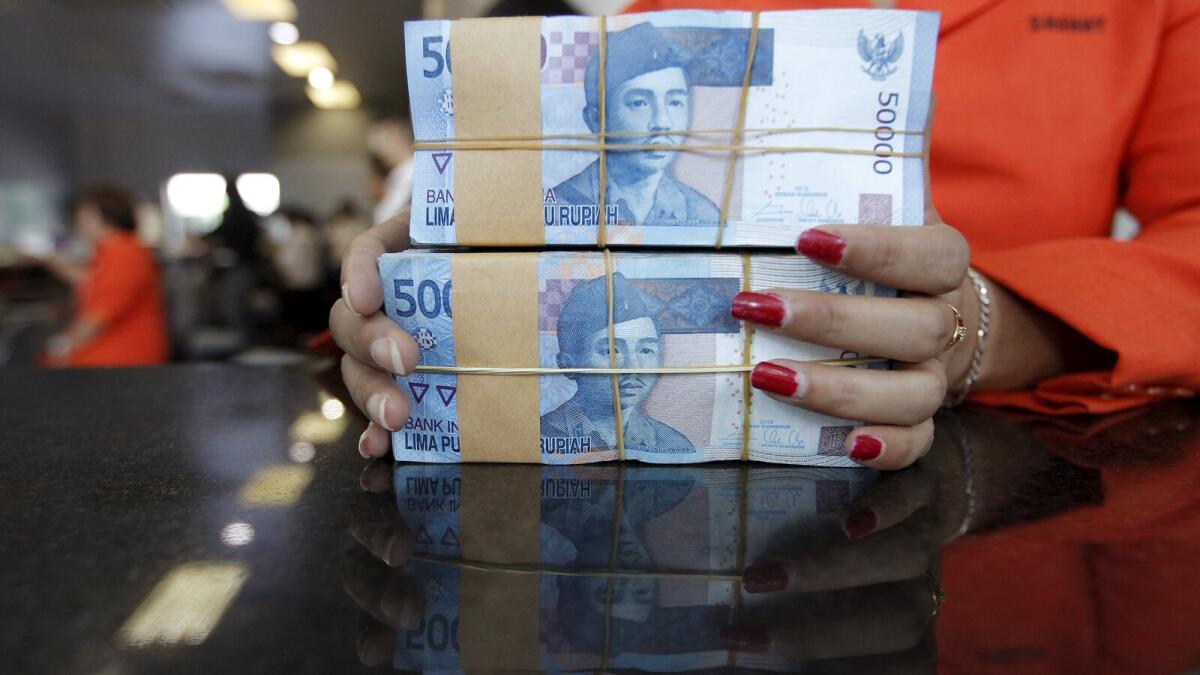Indonesia is set to launch a central counterparty clearing house (CCP) next week for foreign exchange and money market transactions, aiming to deepen the capital markets in Southeast Asia’s largest economy. The CCP will help integrate Indonesia’s fragmented money and foreign exchange markets, reducing default and other market risks while facilitating liquidity for banks. This move is expected to make transactions in the money market more efficient and increase transaction volumes. Currently, big banks tend to transact with other big banks, leading to inefficiencies in market prices.
The CCP will initially facilitate domestic non-deliverable forwards (DNDF) and plans to introduce transactions for repo, interest rate swaps, and overnight indexed swaps over the next five years, starting in 2025. Non-banks are expected to participate in transactions starting in 2026. Indonesia’s central bank, Bank Indonesia, did not disclose a specific target volume for DNDF transactions after the clearing house launch. The CCP’s shareholders include Indonesia Stock Market Clearing House, BI, and eight banks such as Bank Central Asia, Bank Rakyat Indonesia, and Bank Mandiri.
Each shareholder will contribute four types of guarantee funds to the CCP to prevent defaults. Despite holding shares, Bank Indonesia will act as a regulator and supervisor along with Indonesia’s financial services authority. The establishment of the CCP follows rules issued by BI in 2019 in response to a G20 resolution to control derivative risks post the 2008 global financial crisis. The CCP model is based on clearing houses in Japan and the UK, aiming to promote stability and efficiency in Indonesia’s financial markets.
Overall, the launch of the CCP in Indonesia is a significant step towards deepening the capital markets in the country and integrating its money and foreign exchange markets. The introduction of the CCP will enhance liquidity for banks, reduce risks associated with defaults, and improve transaction efficiency. The inclusion of various financial instruments such as DNDF, repos, interest rate swaps, and overnight indexed swaps over the coming years will further strengthen the country’s financial infrastructure and attract more participants, including non-banks, to engage in transactions.
Furthermore, the involvement of major Indonesian banks as shareholders in the CCP highlights the commitment of both the public and private sectors to developing a robust financial system in the country. By following global best practices in establishing the CCP and drawing lessons from clearing houses in Japan and the UK, Indonesia is positioned to enhance its financial stability and resilience. With BI’s oversight and regulatory role, the CCP is expected to play a vital role in promoting transparency and risk management in Indonesia’s financial markets, aligning with international standards and best practices.
In conclusion, the launch of the CCP in Indonesia represents a significant milestone in the country’s efforts to deepen its capital markets and improve the efficiency of its financial infrastructure. By integrating money and foreign exchange markets, reducing risks, and increasing liquidity, the CCP aims to enhance market transparency and attract a broader range of participants. With the support of major banks and regulatory oversight from BI, Indonesia is poised to create a safer and more stable financial environment, aligning with global standards and promoting sustainable economic growth.









